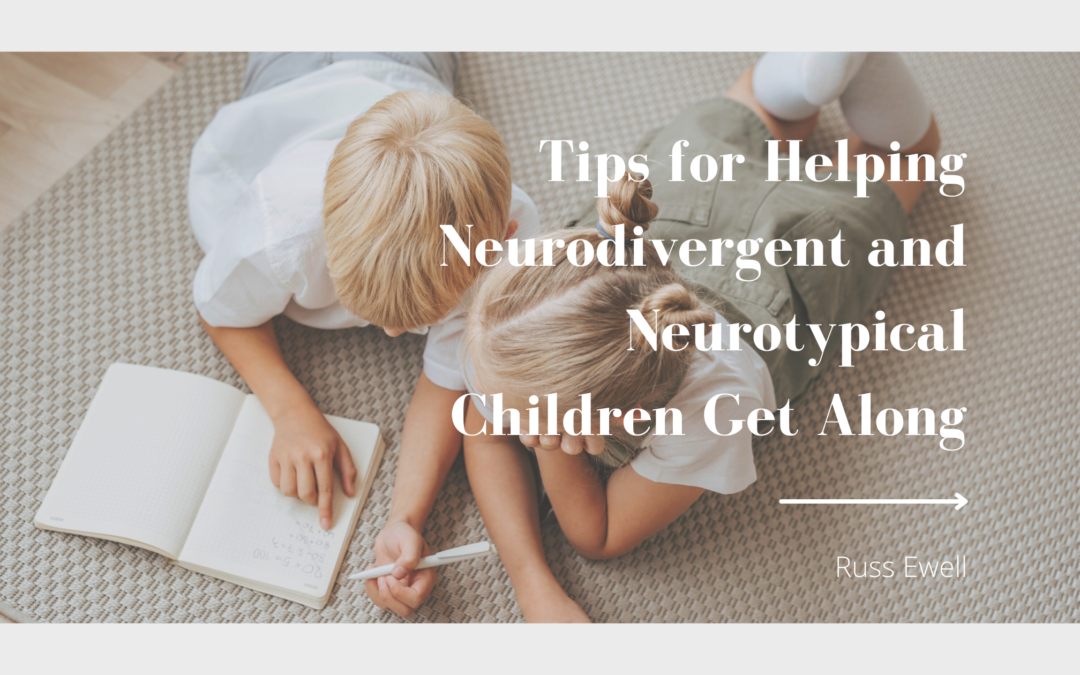While neurodiverse children need a diverse and individualized education tailored to their unique way of thinking and learning, neurotypical children are considered the norm. This is because they can think and act like other children. This difference in neurological proclivities can be challenging in a sibling relationship, especially if one is on the autistic spectrum while the other is not.
Here are 3 tips to help parents support their child’s relationship with one another despite their different neurological profiles:
Tip #1: Balance Out Attention-Seeking
Many parents spend their time and energy trying to find a cure for autism, leaving neurotypical children out of the conversation and feeling ignored. Family members and specialists may pay less attention to them, which can lead to a sense of invisibility. To make each child feel loved and appreciated, make quality time for each of them separately.
Tip #2: Avoid Making a Big Deal Out of Their Differences
According to child psychologists, the goal of raising a child is to help them develop as an individual so they will be able to grow into self-sufficient adults. One way to do this is by avoiding discussing the differences between siblings. Instead, assume that this difference is perfectly normal.
Children should be taught how to deal with the difference between them by their parents, so they can better understand the world. As they grow up, children learn new things about themselves all the time, and their minds are constantly changing. By not elaborating on the difference between each child, they’ll both be able to handle more complex thoughts and emotions as they mature.
It is a mistake to make a big deal out of the autism of one child or the normalcy of the other. Parents should instead give each child the love and attention they need based on their psychological and neurological perspectives.
Tip #3: Be a Good Listener
Siblings should be encouraged to be more aware of accepting one another. Siblings who are not close because they think and behave differently may each feel like they are deprived of something their sibling has. As a result, they can develop jealousy and resentment, causing them to argue. As it’s important for siblings to share their lives with one another and support one another’s choices in life, parents should learn to be good listeners-giving each child the attention they need to feel understood and appreciated.

